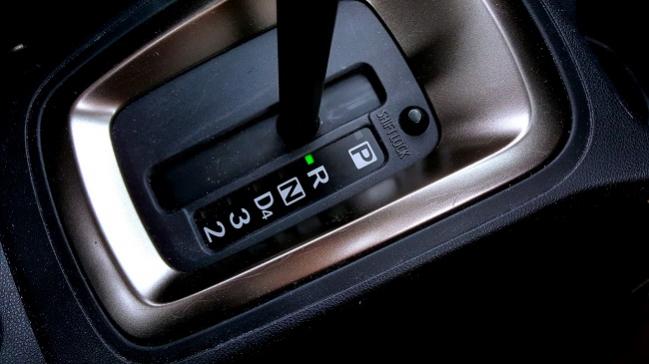CMS Reverses Its Course on Bundled Payments for MI, CABG
The US agency now wants to ditch plans to lump reimbursement for cardiac care, and cardiac rehab incentives, set to go into effect next year.

Yesterday the Centers for Medicare & Medicaid Services (CMS) announced its intention to cancel two reforms: bundled payments for MI and bypass surgery as well as incentives for cardiac rehab. The changes had been in the works since the summer of 2016 and were scheduled to begin January 1, 2018.
“Eliminating these models would give CMS greater flexibility to design and test innovations that will improve quality and care coordination across the in-patient and post-acute-care spectrum,” a press release from the agency asserts.
As reported by TCTMD last July, when the plans were first made public, this is exactly what bundled payments—now set to be nixed—were supposed to do. At the time, a US Department of Health and Human Services announcement stated: “By structuring payment around a patient’s total experience of care, in and out of the hospital, bundled payments support better care coordination and ultimately better outcomes for patients.”
Under the original plan, hospitals would be accountable for the cost and quality of care provided to Medicare fee-for-service beneficiaries both during the inpatient stay and for 90 days after discharge. Participating hospitals would be paid per “care episode,” and those delivering higher-quality care would be paid at a higher rate. Hospitals that found ways to deliver the care for less than the quality-adjusted target price, “while meeting or exceeding quality standards,” would be reimbursed for the savings achieved, whereas hospitals that exceed the target price would have to pay back Medicare for the cost overruns.
Responding to the latest news, American College of Cardiology (ACC) President Mary Norine Walsh, MD (St. Vincent Heart Center, Indianapolis, IN), issued a statement saying, “The ACC will continue to work with CMS on opportunities for clinicians to participate meaningfully in Advanced Alternative Payment Models (AAPM). As we move from volume-based care to value-based care, the path forward is challenging and we must work together to find solutions.”
The Society for Cardiovascular Angiography and Interventions (SCAI) also issued a statement in response to the CMS announcement, noting that SCAI had already “expressed concerns and recommended revisions” to the original program. Among the society’s proposed revisions were that the program be voluntary not mandatory, that certain types of patients or coding be excluded from bundled payments, and that established risk-adjustment measures be used to better appreciate the types of care required—and outcomes seen—in high-risk patients.
In their statement sent today, SCAI said that it will continue to “actively engage” with CMS with the goal of “crafting AAPM that could support potential cost-savings, while improving the quality of delivered care.”
Another CMS policy also developed last year—bundled payments for joint replacement surgery—is being dialed back but not cancelled. Its geographic scope has been winnowed down from 67 metro areas to 34 and participation is now voluntary.
“Moving forward, CMS expects to increase opportunities for providers to participate in voluntary initiatives rather than large mandatory episode payment model efforts,” the agency now says.
Public comment on the changes, published on the Federal Register, can be made through October 16, 2017.
Caitlin E. Cox is Executive Editor of TCTMD and Associate Director, Editorial Content at the Cardiovascular Research Foundation. She produces the…
Read Full BioSources
Centers for Medicare & Medicaid Services. CMS proposes changes to the Comprehensive Care for Joint Replacement Model, cancellation of the mandatory Episode Payment Models and Cardiac Rehabilitation Incentive payment model. Published on: August, 15, 2017. Accessed on: August 16, 2017.


Comments